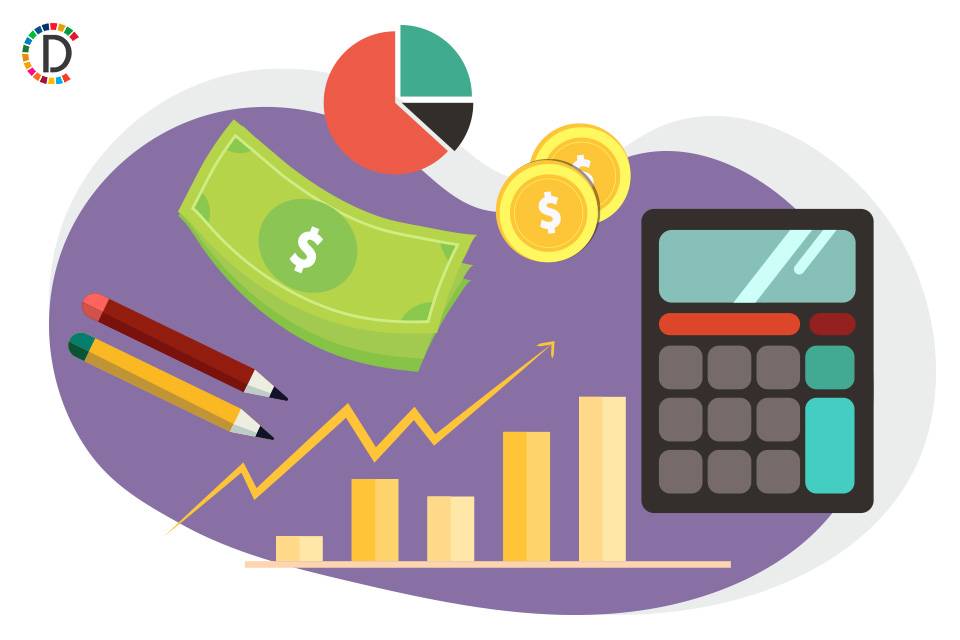ECB looking for signs of stress but banking crisis unlikely
Investors are pondering whether the ECB will be able to continue raising rates to fight inflation given turmoil in the banking sector that has seen two U.S. lenders go under and Swiss giant Credit Suisse need a last-minute rescue. The ECB's chief economist Philip Lane said market jitters may turn out to be "a non-event" for monetary policy, or could affect it at the margins, but the odds on a crisis that completely rewrites the outlook remained long.

The European Central Bank is watching for signs of stress in the banking sector from the ongoing financial turmoil but a full-blown crisis is unlikely for now, the ECB's top brass said on Wednesday. Investors are pondering whether the ECB will be able to continue raising rates to fight inflation given turmoil in the banking sector that has seen two U.S. lenders go under and Swiss giant Credit Suisse need a last-minute rescue.
The ECB's chief economist Philip Lane said market jitters may turn out to be "a non-event" for monetary policy, or could affect it at the margins, but the odds on a crisis that completely rewrites the outlook remained long. "We always run scenarios about... what happens when we get accelerator effects or things amplify each other. But that's pretty much a tail scenario at this point in time," Lane told a conference on Wednesday.
Pierre Wunsch, Belgium's central bank chief, took a similarly relaxed view, arguing that strong supervision has kept the bloc's banks healthy. "We've been torturing the data in all directions and honestly, what we see is no problem," Wunsch said. "Even if banks would have to sell all of their obligations and take the losses, they would still have enough capital."
MAGNIFIED Speaking at the same event, ECB President Christine Lagarde said the ECB's interest rate hikes may be magnified if banks become more risk averse and start demanding higher rates when lending, likely implying the central bank would need to do less.
"If, for example, banks start to apply a larger 'intermediation wedge' – meaning that at any level of the base rate they demand a higher compensation for the perceived risk they are taking on when lending – then pass-through will become stronger," Lagarde said. Her remarks were later echoed by ECB board member Fabio Panetta, who said he expected banks to pass on the ECB's rate hikes more forcefully.
The ECB has increased the rate it pays on bank deposits by a record-breaking 350 basis points to 3% since July and financial markets expect a further increase to 3.5% later this year. The central bank for the 20 countries that share the euro raised rates last week but removed from its policy message an expectation that it would increase rates again at upcoming meetings in light of the recent financial jitters.
Panetta, a long-time critic of rapid rate hikes, cautioned that demand is showing signs of weakness, a potential argument against further tightening. "At times like this, abrupt policy moves are not necessary," Panetta said. "This requires a data-dependent approach that does not prejudge future policy decisions and that reflects the risks on both sides."
Ignazio Visco, governor of the Bank of Italy, said the ECB should pursue a "very prudent" monetary policy as it was "crucial" to avoid a credit crunch. Lagarde reaffirmed the ECB's determination to bring inflation in the euro zone to 2%, from 8.5% last month, and noted past hikes were only just starting to be passed onto the economy.
"For inflationary pressures to ease, it is important that our monetary policy works robustly in the restrictive direction," she said. "And that process is only starting to take effect now." The problem facing the central bank is that, while headline inflation is falling rapidly, underlying price growth is proving stubbornly high, suggesting that inflation may remain stubborn.
Still, Lane said he expected core prices to ease over time as lower fuel costs filter through to other sectors. "There are reasons to believe, by looking at the indirect effect of energy on core, by looking at the pipeline (pressures), that there are data points to suggest that underlying inflation measures will ease over time," Lane said.
He cautioned, however, that this expectation was predicated on growth in wages peaking this year. (Reporting By Francesco Canepa and Balazs Koranyi; Editing by Toby Chopra, Christina Fincher and Bernadette Baum)
(This story has not been edited by Devdiscourse staff and is auto-generated from a syndicated feed.)










